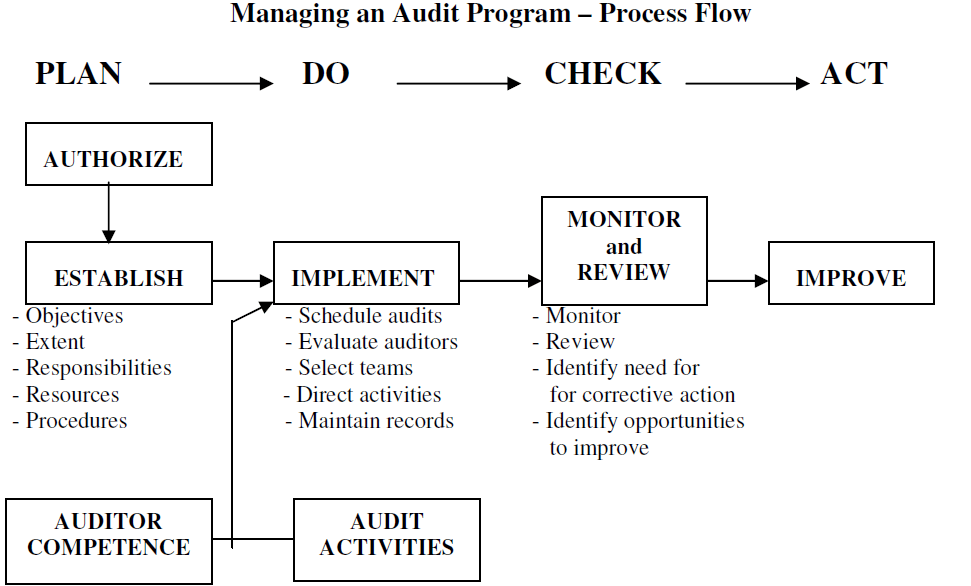Objectives:
By the end of the course, participants will be able to:
- Understanding the scope of the audit planning process
- Techniques for organizational risk assessment
- Appreciating how audit planning impacts audit sampling
- Understanding the relationship between materiality and audit sampling
- Techniques to select audit samples for balance sheet and income statement
- Define internal audit, its scope and function within the company
- List the internal audit standards constituting the framework of the internal audit activity
- Distinguish the types of internal audit assignments related to operational, compliance or financial internal audit
- Describe the internal audit fieldwork guidelines and apply techniques for risk identification, controls identification and controls testing
- Select the appropriate internal audit test tools and list the advantages and disadvantages of each
- Identify best sampling techniques in an internal audit assignment in terms of sample size or sample selection
- Recognize fraud and express internal auditor’s responsibility upon fraud detection
Course Outline:
Internal Audit Standards:
- Attribute standards
- Performance standards
Types of Internal Auditing:
- Performance auditing
- Operational auditing
- Financial auditing: accounting cycles audited by the internal audit function
- Compliance auditing
- 20 questions directors should ask about the internal audit function
Audit Pre-Engagement Planning:
- Overview of audit process
- How pre-engagement planning impact substantive testing
- Engagement evaluation
- Engagement letter
- Discussions with those charged with governance
- Types and volumes of transactions
- Preliminary analytical review
- Review of prior year management report
- Understanding the entity and its environment
Audit Planning at Engagement Level:
- Planning and risk assessment
- Risk assessment at assertion level
- Inherent risk assessment
- Accounting records
- Journal entries environment
- Commitments and contingencies
- Concept of materiality
- Materiality calculation
- Principles of substantive testing
Audit Sampling: Assets:
- Applicable audit assertions
- Applicable international standards on auditing (ISA’s)
- Property, plant and equipment
- Intangible assets
- Group companies
- Investments
- Inventories
- Trade receivables
- Cash and equivalents
Audit Sampling: Capital and Liabilities:
- Applicable audit assertions
- Capital and reserves
- Financial liabilities
- Related parties
- Trade payables
- Provisions and Accruals
- Other (i.e. group identified needs)
Audit Sampling: Income Statement:
- Applicable audit assertions
- Revenue
- Contracts
- Cost of sales
- Other income
- Employee costs
- Operational expenses
- Finance costs
- Common mistakes
- Best practices
Audit Methodology:
- Audit methodology according to individual phases and areas
- “Project initiation” phase
- The “Project proposal” phase
- The “Project planning” phase
- The “Project realisation” phase
- The “Project completion” phase
- Behavioural competence
- Overall evaluation
- Basic audit structure
- Audit of procurement process
- Audit of engagement with contractors
Audit Implementation and Reporting:
- Practical implementation of the audit process
- Common issues of the process
- Ethical considerations
- Dealing with stakeholders
- Application of resources
- Writing the audit report
- Audit report content
- Presenting / implementing audit report
- Implementation of best practices
WORKSHOP STYLE:
A mixture of short presentations, interactive discussion, individual exercises and group work. The emphasis throughout is on a practical approach using case material and examples.




